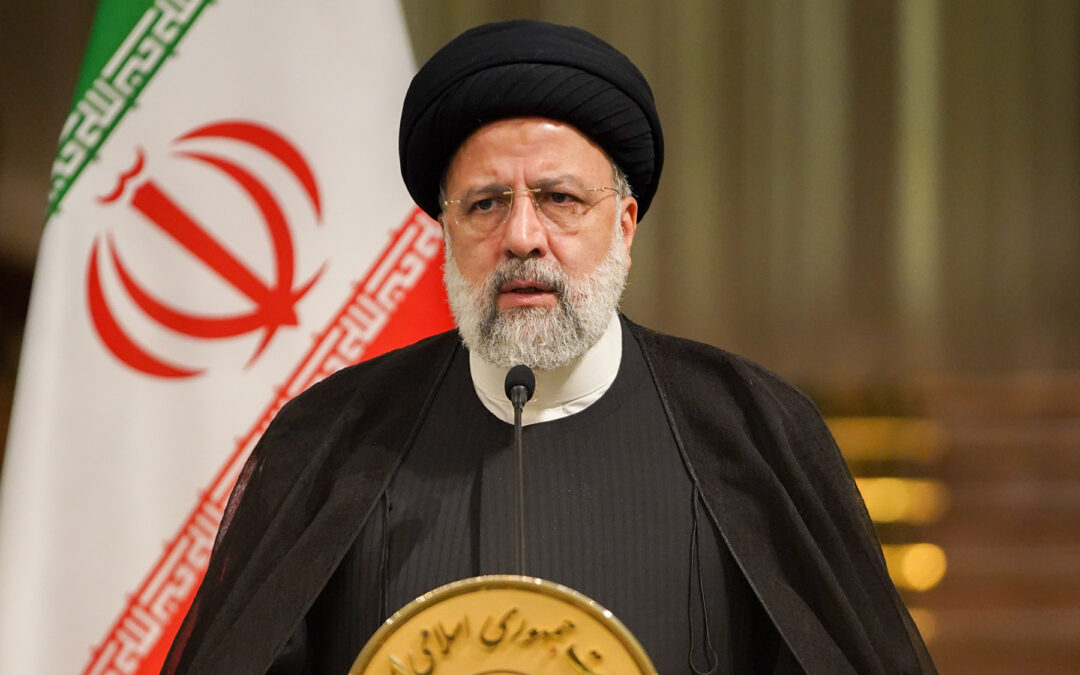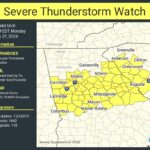What we’re covering
- Iran’s President Ebrahim Raisi has died in a helicopter crash at age 63, the government confirmed. The country’s foreign minister and seven others were killed after the crash in a remote, mountainous area of Iran’s northwest.
- Raisi was the second-most powerful person in the Islamic Republic after Supreme Leader Ayatollah Ali Khamenei. Iran’s First Vice President Mohammad Mokhber is now acting president, and top negotiator Ali Bagheri Kani has been appointed acting foreign minister.
- The president’s death comes at a fraught moment in the Middle East, just weeks after Iran launched a drone and missile attack on Israel in response to a deadly strike on its diplomatic compound in Damascus.
- Hardliner Raisi became president in a historically uncompetitive election in 2021. He has overseen intensified repression of dissent in a nation convulsed by youth-led protests against clerical rule
Body of President Raisi to be moved to city of Mashhad on Tuesday
From CNN’s Adam Pourahmadi
The body of Iranian President Ebrahim Raisi and the other victims of Sunday’s helicopter crash will be transferred on Tuesday from Tabriz to the northeastern city of Mashhad, where Raisi was born, according to Fars news.
A large public ceremony is scheduled to take place at a prayer hall in Tabriz at 4 p.m. local time on Monday, Fars news reported.
At 9 a.m. local time on Tuesday, a large procession will accompany the bodies of Raisi and the other victims from Tabriz Martyr’s Square to the city’s airport. From there, the bodies will be moved to Mashhad, according to Fars.
Raisi was born in Mashhad in 1960. He ran the powerful charity known as Astan-e Quds-e Razavi, which manages the huge Imam Reza shrine, a major Islamic holy site in the city.
Iran’s president has died. Here’s what we know about what comes next
Iran’s President Ebrahim Raisi was confirmed dead by state media on Monday morning, after a helicopter he was traveling in alongside Foreign Minister Hossein Amir-Abdollahian, and seven others crashed in foggy conditions in the country’s remote northwest on Sunday.
Here’s what to know now:
Acting president: In the wake of Raisi’s death, Vice President Mohammad Mokhber has been appointed as acting president.
Acting foreign minister: Ali Bagheri Kani, who has led Iranian delegations through indirect negotiations with the United States over nuclear issues and prisoner exchanges, has been appointed acting foreign minister after the death of Amir-Abdollahian, state news agency IRNA reported.
New elections: The Iranian constitution mandates that the three heads of the branches of government, including the vice president, speaker of the parliament, and head of the judiciary, must arrange for an election and elect a new leader within 50 days of assuming the role of acting President. Iran’s supreme leader, Ayatollah Ali Khamenei said in a message to state news agencies that Mokhber was responsible for organizing elections for a new president within that time.
Public mourning: Ayatollah Khamenei has announced five days of public mourning after the crash, and expressed his condolences. All cultural and arts activities have been canceled in Iran for the next seven days.
Global reaction: The loss of Raisi — a conservative hardliner and protege of Ayatollah Khamenei — is expected to sow further uncertainty in a country already buckling under significant economic and political strain, with tensions with nearby Israel at a dangerous high. His death has already triggered international reaction with Saudi Arabia, Pakistan, India and the UAE leader expressing their condolences for his death. Lebanon has declared three days of mourning.
Militias respond: Iran-backed militant groups Hamas, the Houthis, and Hezbollah have sent condolences to Tehran over the death of Raisi.




















